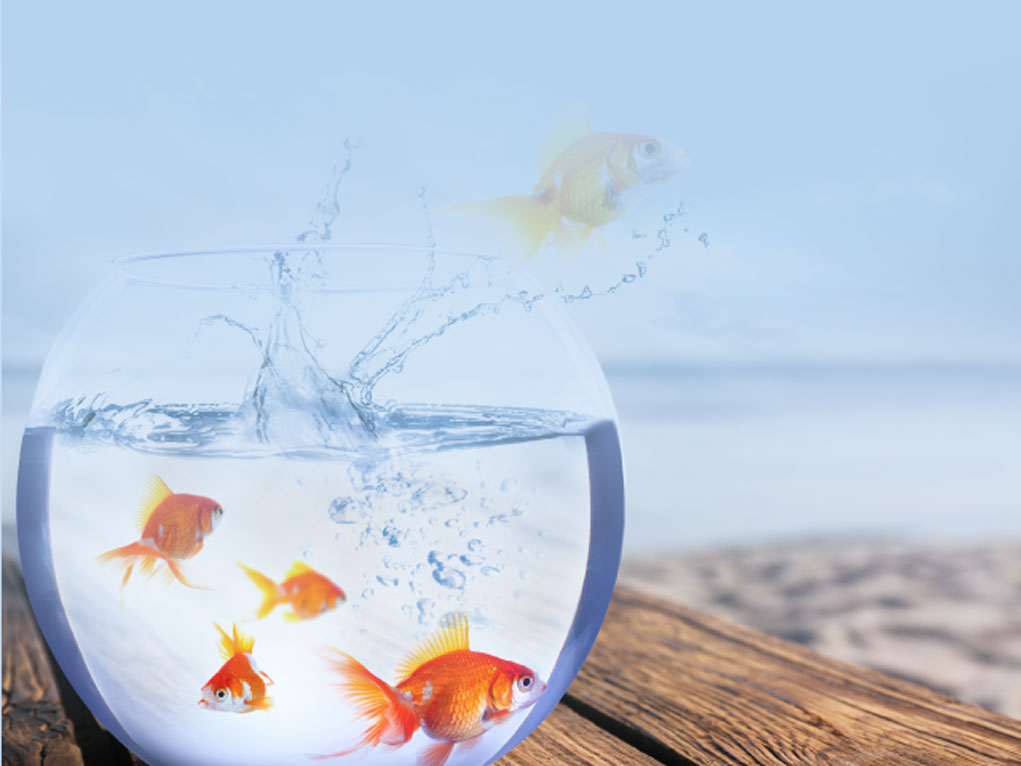In A Perfect World
With Independence Day still in the air, I’ve been musing about freedom.
Liberty is the clarion call of the world, or at least of modern-day First World citizens. To be free is to be truly alive. But what is freedom?
As with many things, the answer is: it depends. Because things mean different things to different people.
Delicious liberty, for a two-year-old, is a chance to climb out of his crib and explore the house unimpeded. For a teenager, it may mean the chance to escape the strictures of parents, teachers, and society in a mad joyride through the night. A responsible adult, however, might regard an unexpected day off in the midst of the daily grind as a delightful taste of liberty. Any hour that is not severely structured and spoken for is like a gift-wrapped package of freedom.
Perhaps the liberty we crave is simply the opportunity to break free of the bars, physical or otherwise, that confine and restrain us. There are those who should be free as the wind, but who regularly tie themselves up in knots of their own making… and there are individuals languishing in solitary confinement whose minds are freer than anyone’s.
I guess we can say that freedom is a state of mind.
Natural Tendencies
I remember hearing a speaker declare that men, as a group, have an intense desire for freedom, while women are more prone to crave a sense of belonging. Maybe this is the basis of all the hackneyed old jokes about the nagging wife and her poor, freedom-seeking husband.
Underlying these jokes is the notion that the male of the species wants to be free to drop his socks wherever they may land and to eat whatever he wants, whenever and wherever he wants. He wishes to spend his free time doing whatever he pleases, preferably in a hammock in the sun or out with pals of the same mindset. It is his freedom-nullifying wife who insists that he put things away in their proper place and who hands him a “To Do” list three pages long on a Sunday afternoon.
Belonging comes easier to women. We have a natural tendency toward nesting which prompts us to want to settle down with someone and build those nests. We have an inborn desire to nurture which eases the sometime grueling demands of bearing and raising children. None of this is contradicted by the fact that, nowadays, these paradigms are becoming gradually more muddled.
As the social distinctions between men and women become blurred, when more women fill the workplace and more men are involved in childcare than ever before in history, traditional attitudes can start to bleed, and definite borders can become undefined. Women may feel as tied down as any independent-minded male, while men often take on the softer, more nurturing roles previously reserved for their wives.
Still, in a general and lasting sense, the more pronounced tendency toward either freedom or belonging has not changed. Men, as a group, lean toward the abstract and need their wives to build a practical foundation for their ideals. And women, as a group, still find their most intense satisfaction in belonging to those they love, and having them belong to her.
Water, Three Ways
When water evaporates, the molecules of liquid H2O turn into gas which drift away into the air, spreading further and further apart until they are effectively not water anymore. However, freeze a block of water and the molecules cozy up to each other so tight that there’s no easy way to separate them. Both gas and ice are the less than useful forms of water, if water is what you want.
What we mostly need is the middle and most common state: plain old water. The liquid of life. The wet stuff that keeps us going and that keeps things growing.
And what we mostly need as we go through life is a middle ground, where the drive for freedom and for belonging are healthily balanced, even if we are temperamentally inclined to favor one or another. Too much freedom leaves us floating in mid-air like those evaporated water molecules, or like a wishy-washy butterfly that never lands, never settles, and never builds… while too much belonging can stifle our individuality, our curiosity, the natural human need to explore and discover.
Settling too deeply into the nest can make a person insular and boring. But embracing personal liberty too tightly means running the risk of never knowing the pleasure and stability of having a nest at all.
Living endlessly with open-ended possibilities may sound exciting but end up meaningless, because it’s hard to form meaningful ties or make a lasting contribution to anything when you’re floating in mid-air. Conversely, too powerful a drive to belong can freeze us in place and rob us of our power to forge a unique path.
Let us instead live in the blessed middle state, where life flows. Where our very passage nurtures those around us. And where we understand the glorious reality that Hakadosh Boruch Hu has given us: a reality where each of us, man or woman, adventurer or nester, has a People to whom we belong and a shared mission to which we are committed… along with the freedom of choice to make of it what we will.








